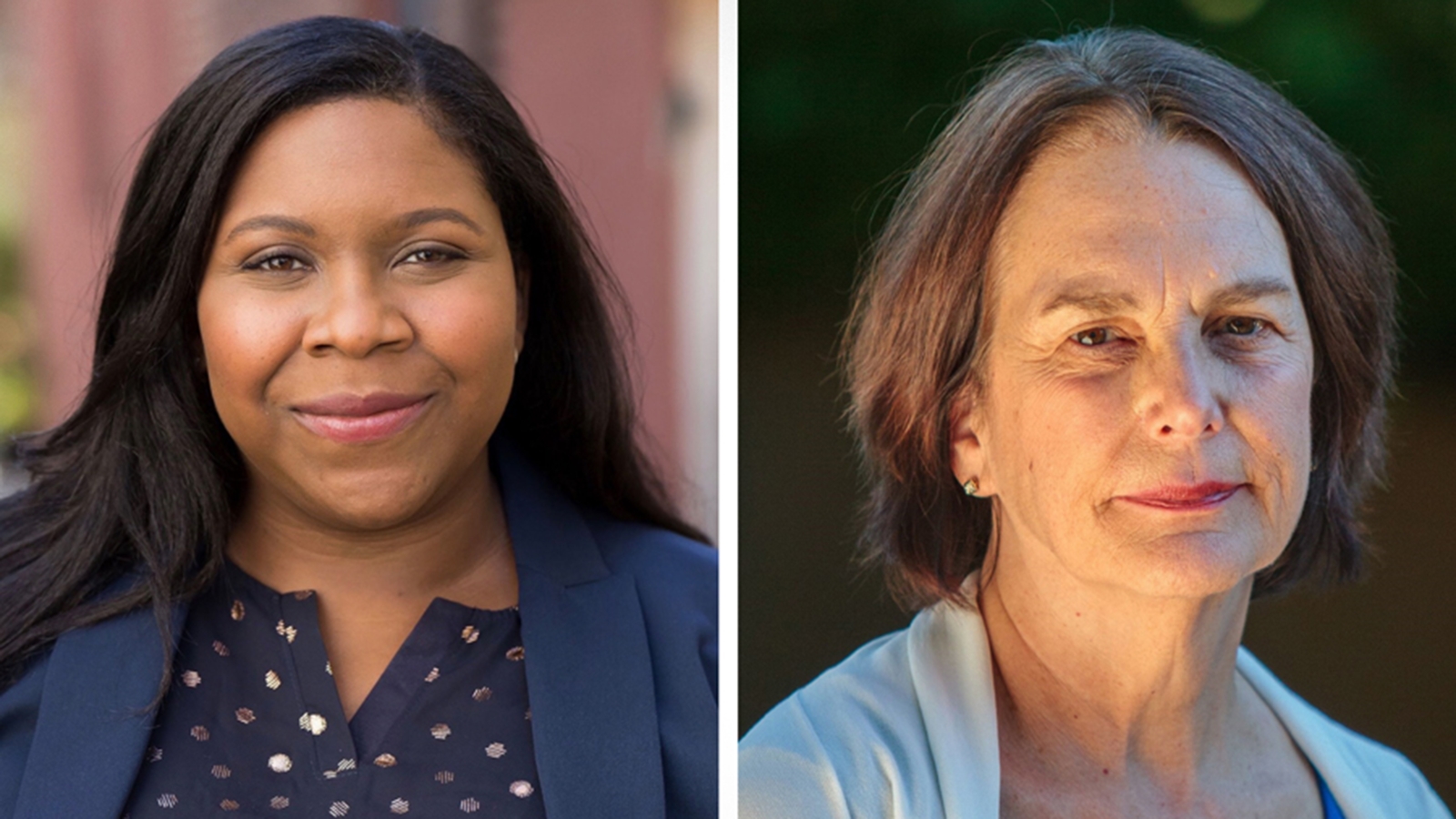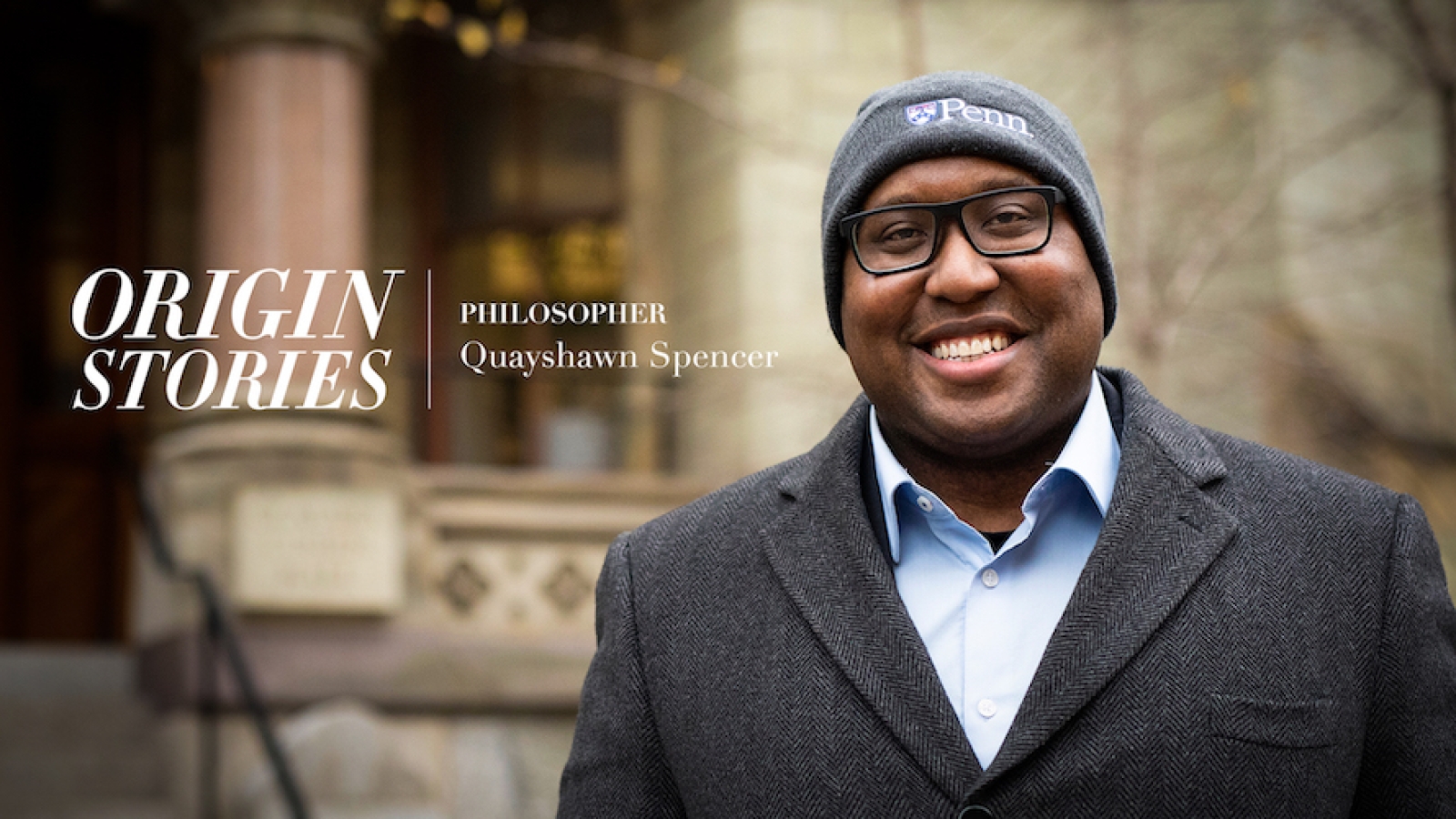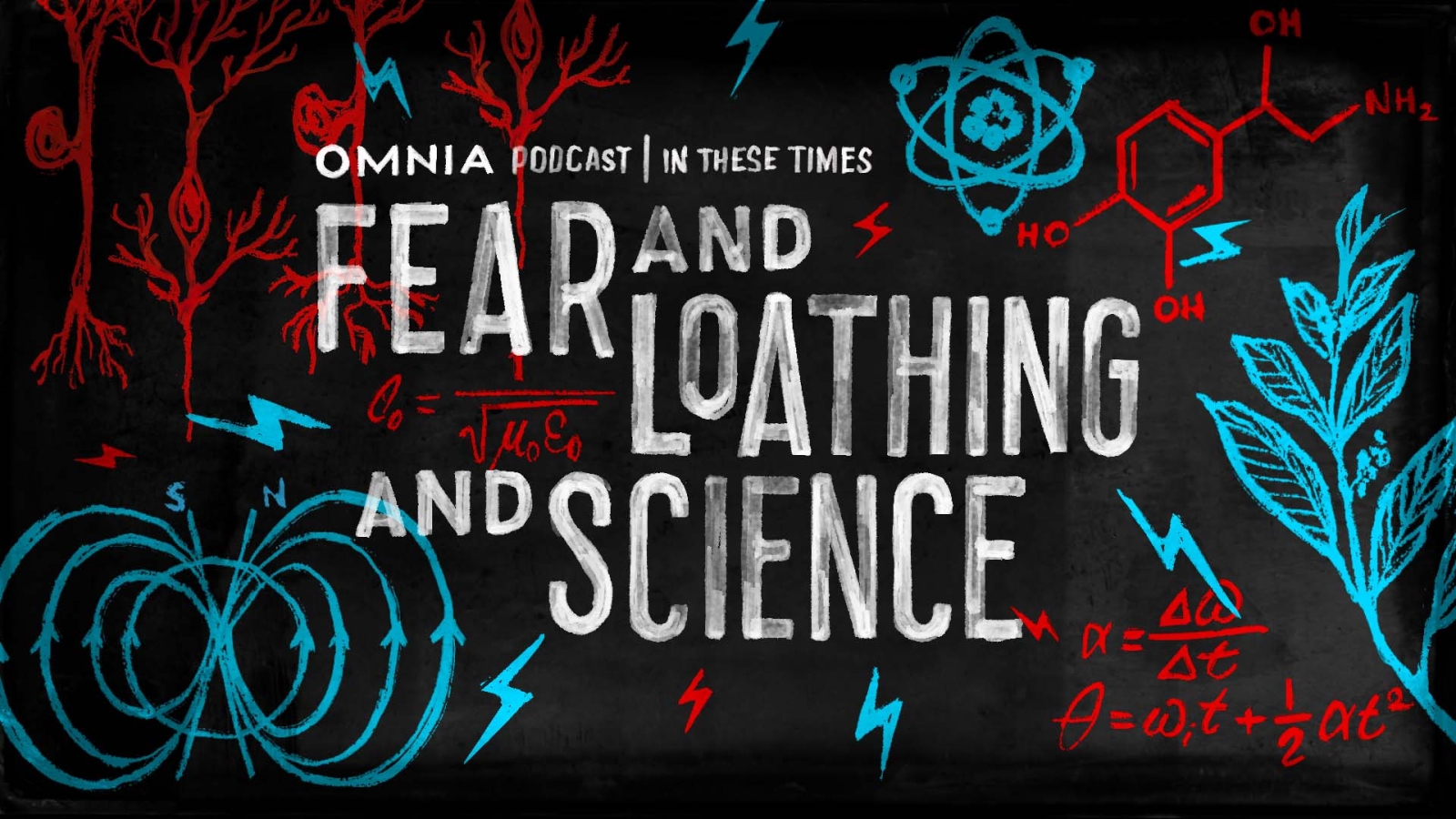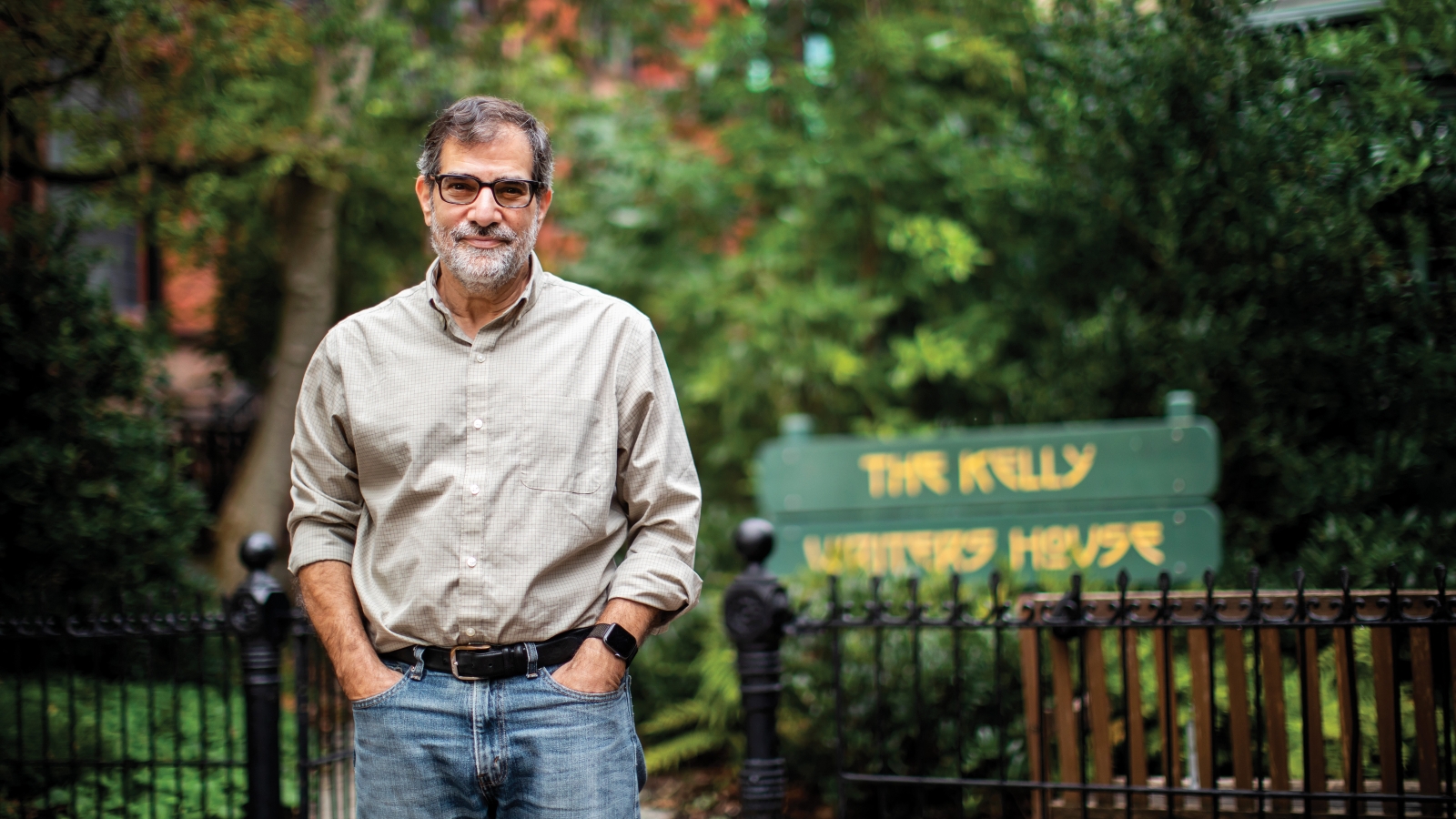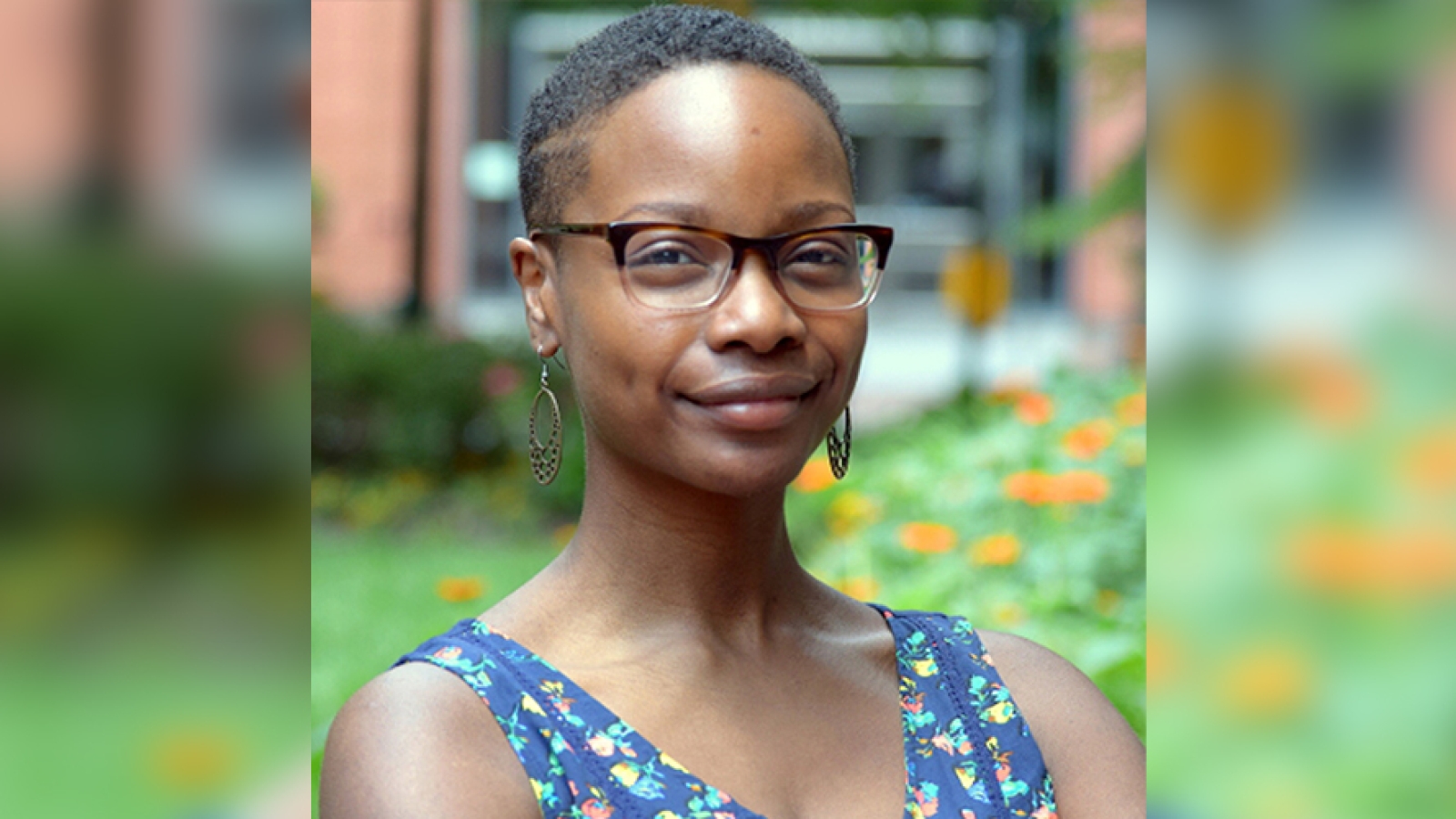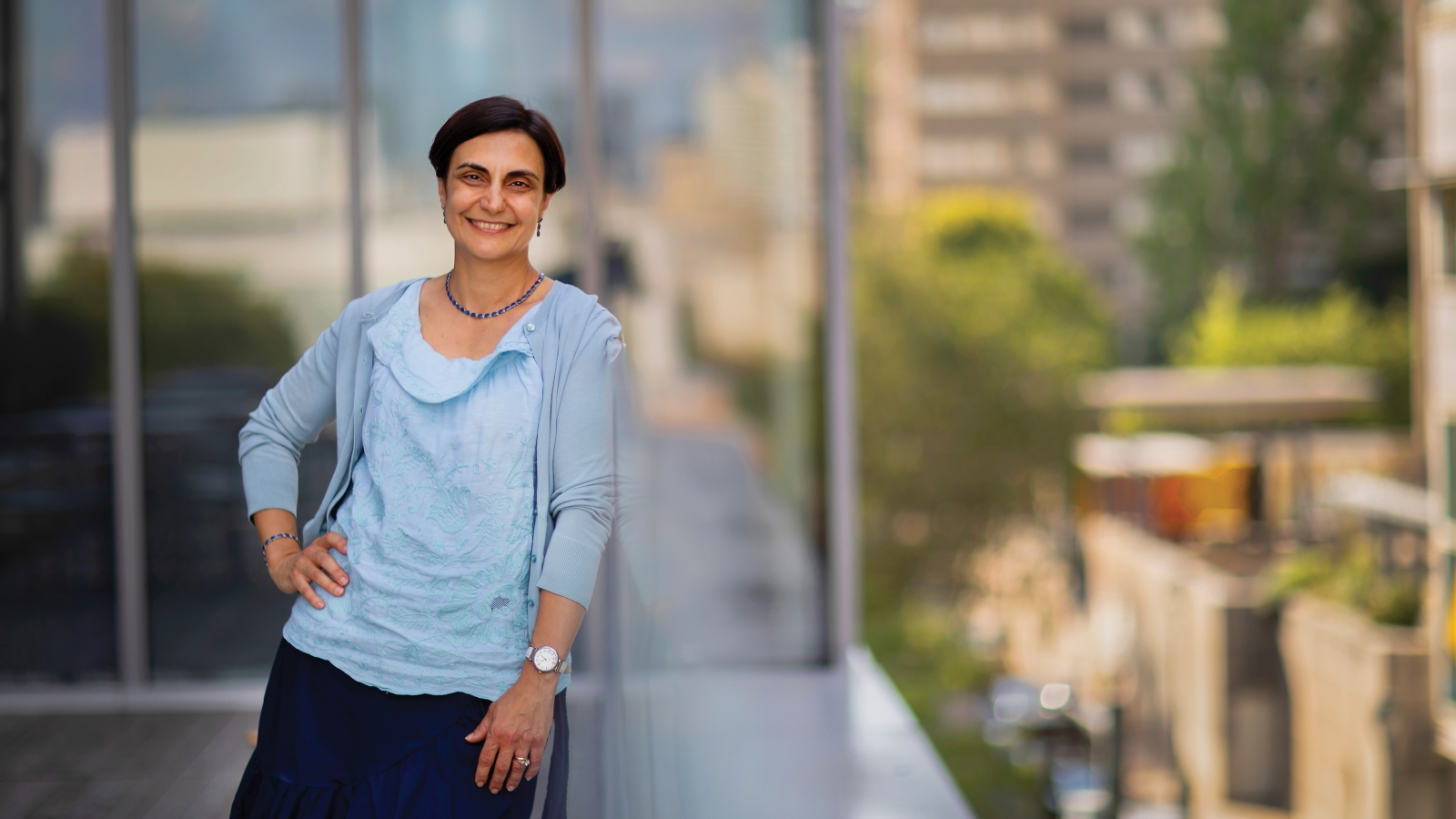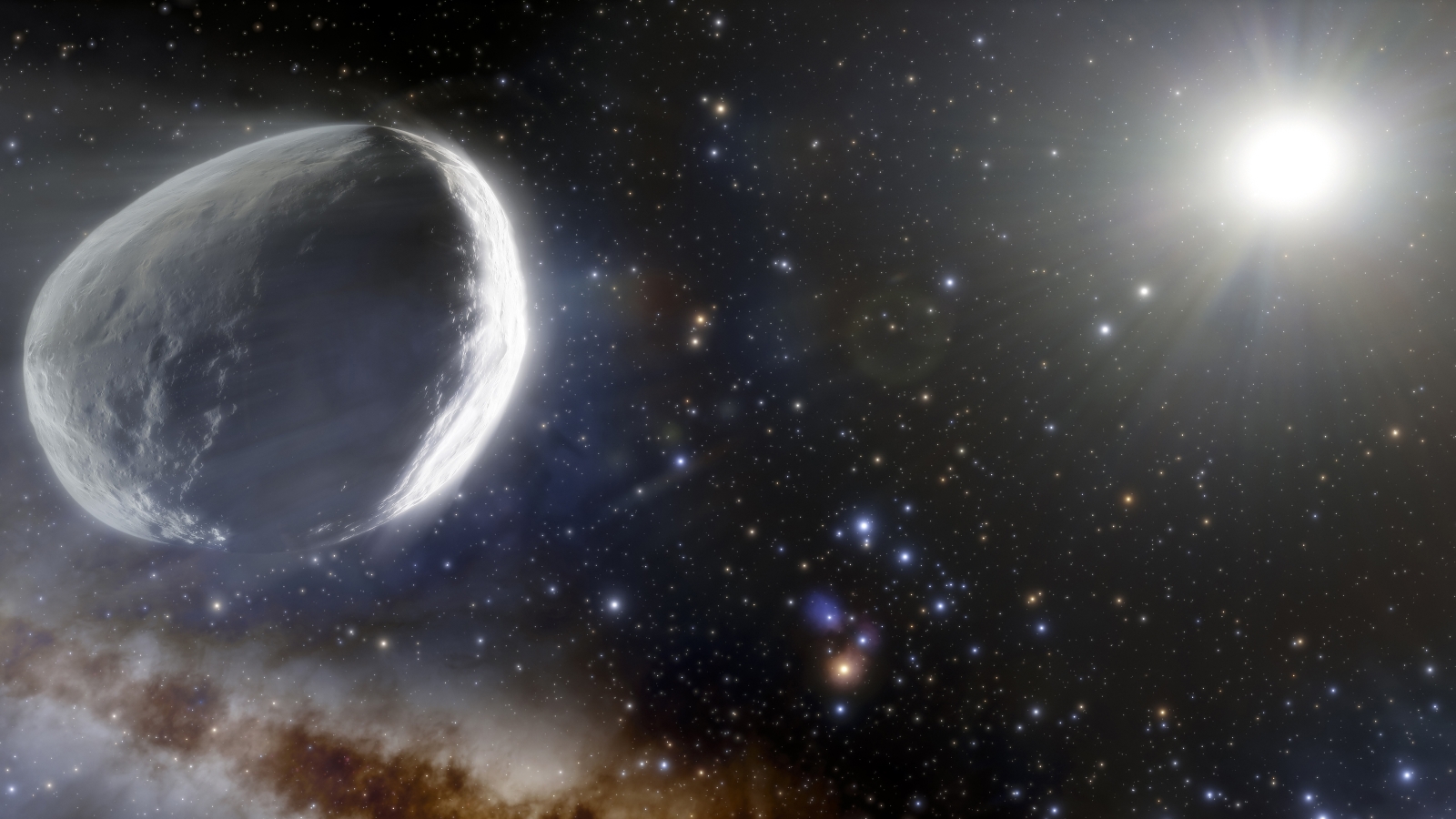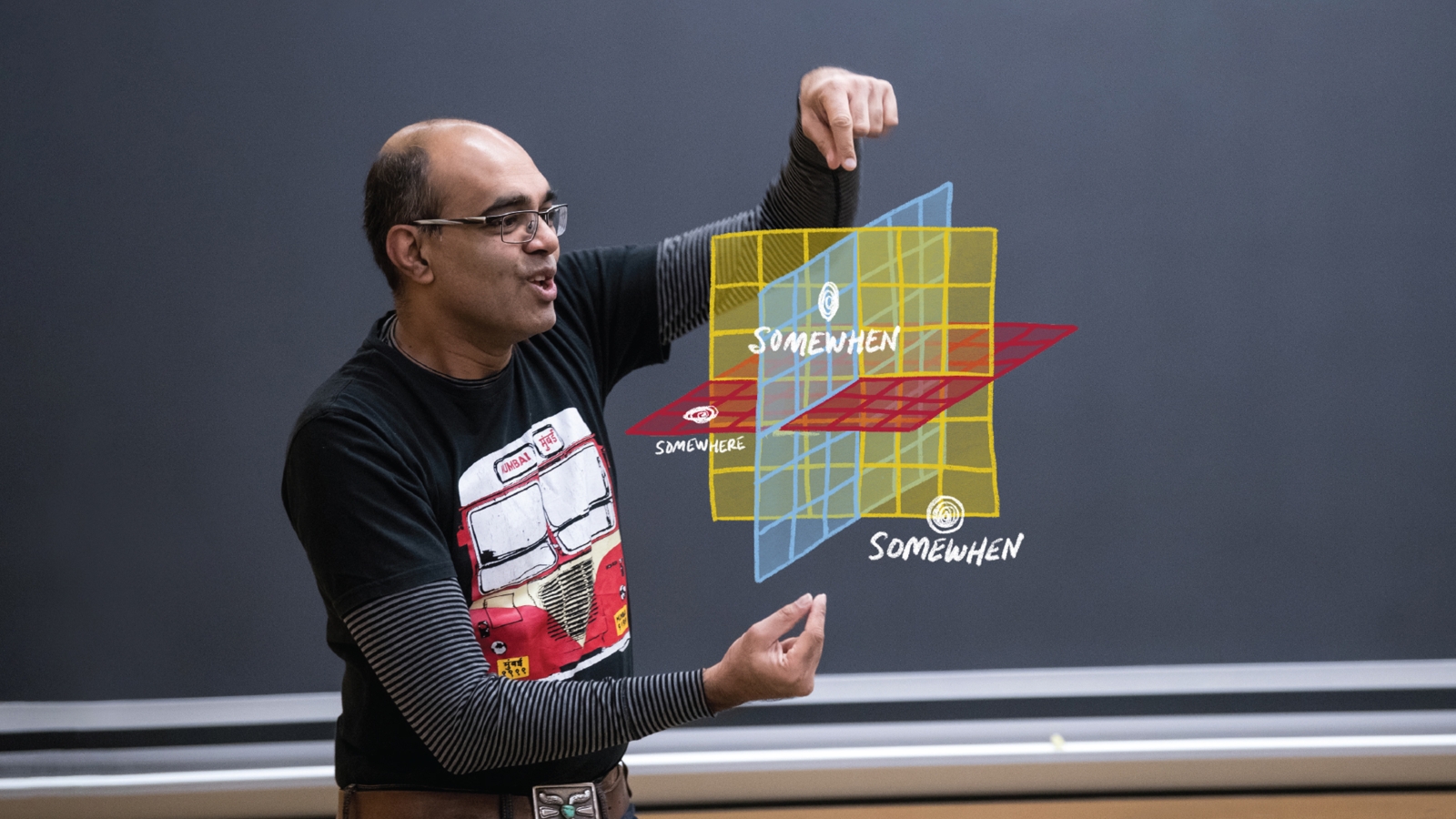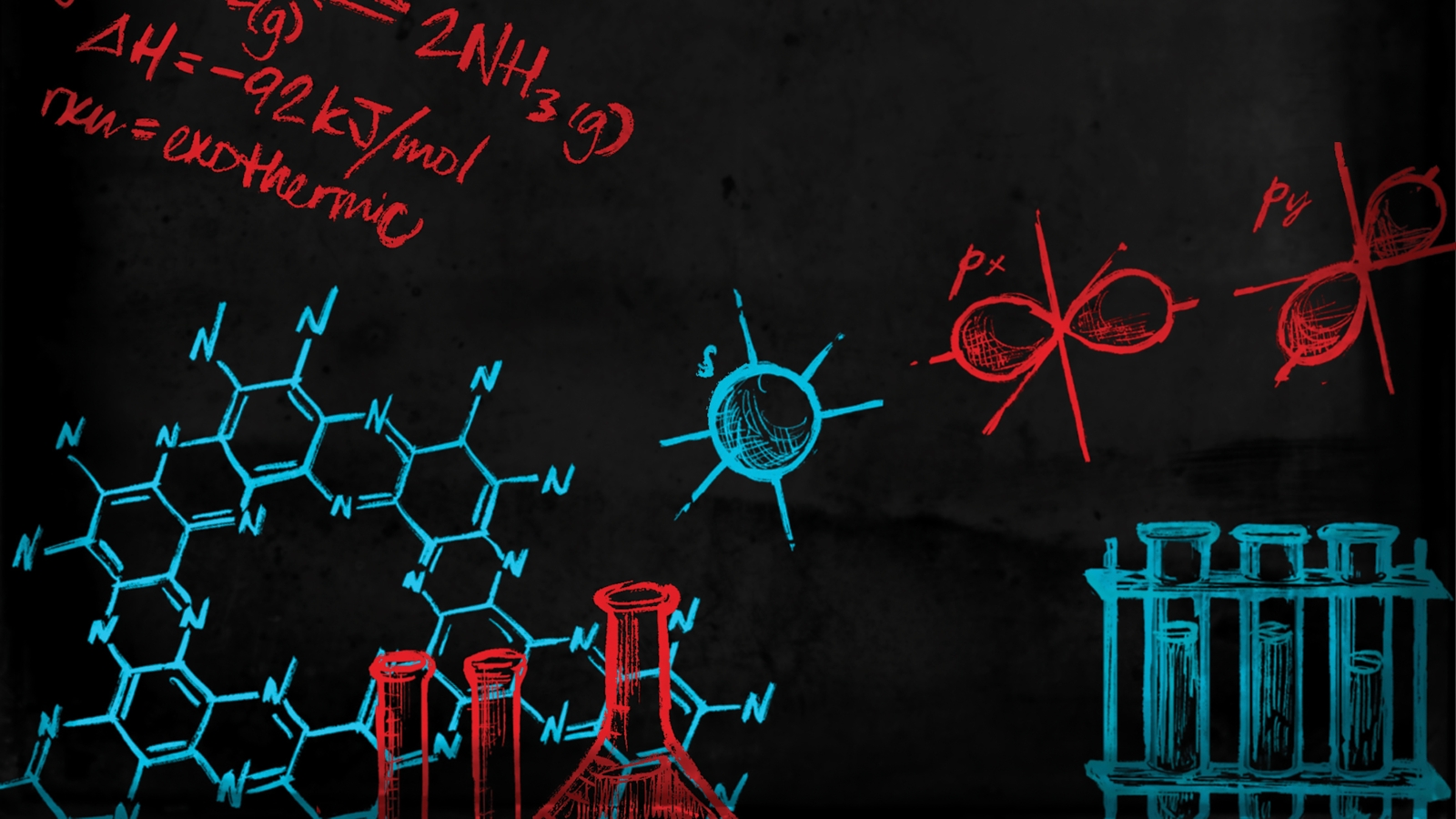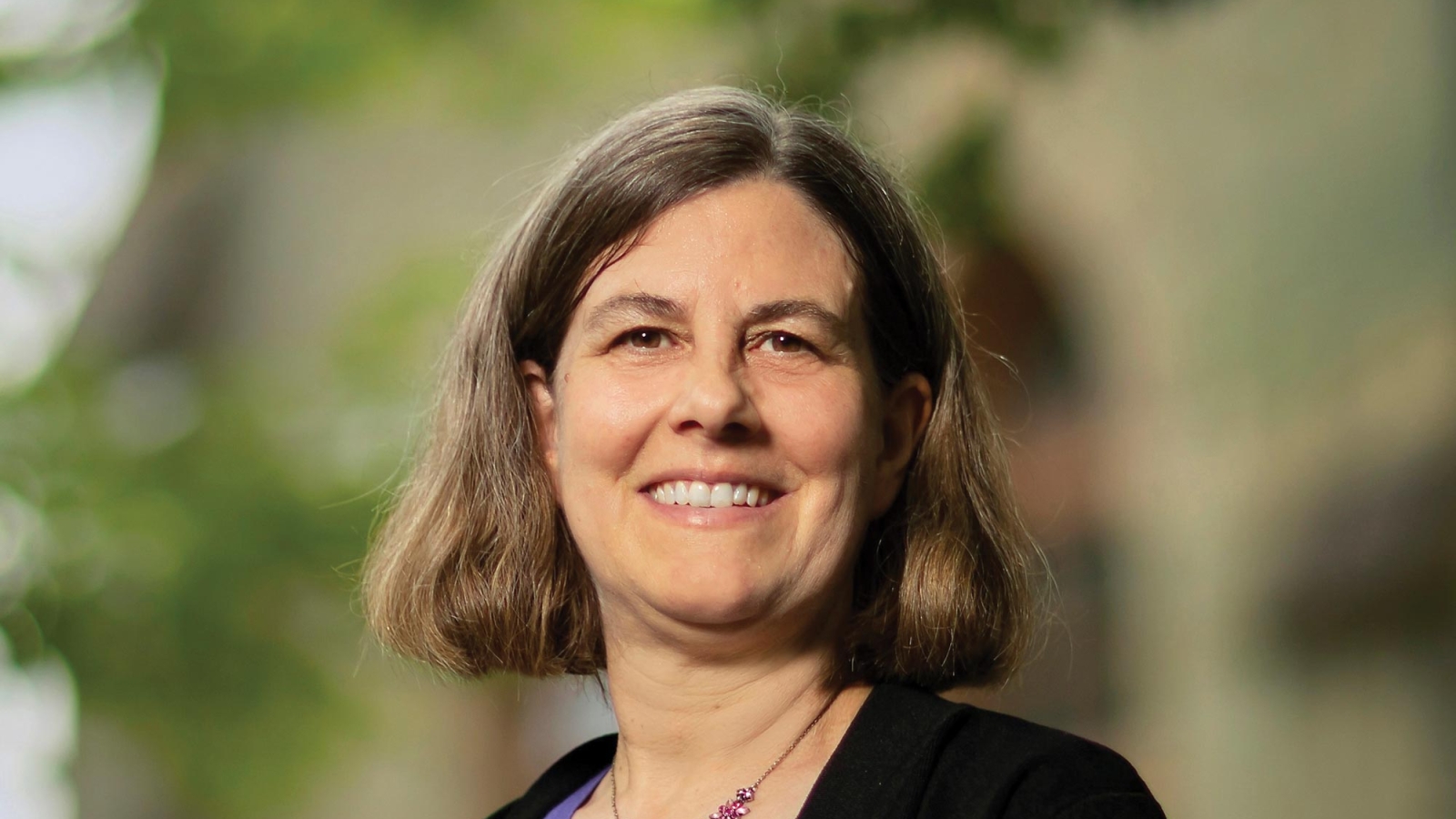Faculty
Celebrating the Life and Music of James Primosch
On February 27 at the Annenberg Center, the longtime professor of music and acclaimed composer will be memorialized with the performance, Celebration and Remembrance: The Music of James Primosch.
Hostility Among Friends
Sherelle Ferguson, GR’21, and Annette Lareau, Edmund J. and Louise W. Kahn Professor in the Social Sciences, find that “hostile ignorance” can come from surprising places.
Origin Stories: Quayshawn Spencer (Video)
The Robert S. Blank Presidential Associate Professor of Philosophy on his early love of biology, his turn into the philosophy of science, and his educational journey from Nashville to Cornell to Stanford.
Season Three of the Omnia Podcast: In These Times
A podcast series that explores scientific ideas that cause big reactions.
Dwelling in Possibility
Celebrating poetry and literature at Penn since 1985, Al Filreis, Kelly Family Professor of English, continues to create community at the home for writers he founded in a Locust Walk house a quarter-century ago.
Partnered, but Still Poor
Regina Baker, Assistant Professor of Sociology, challenges literature that touts marriage as a cure for poverty.
Política, Activismo, y Academia
The career of Tulia Falleti, Class of 1965 Endowed Term Professor of Political Science, grew from her activism as a student in a newly democratic Argentina.
Connecting the Celestial Dots
Pedro Bernardinelli, then-doctoral candidate in physics and astronomy, and Gary Bernstein, Reese W. Flower Professor of Astronomy and Astrophysics, discover the largest comet on record.
The Future of History
Three historians weigh in on how we can understand our past.
Cheating Chromosomes
Last Look Fall/Winter 2021
Explained, Explained
Vijay Balasubramanian, Cathy and Marc Lasry Professor in the Department of Physics and Astronomy, reflects on his recent appearance on the hit Netflix show, Explained.
Better Living... Through Chemistry?
Eric Schelter, Professor of Chemistry, offers his thoughts on chemistry’s continuing promise, and its public relations problem.
Omnia 101: Defining Modern Art
André Dombrowski, Frances Shapiro-Weitzenhoffer Associate Professor of 19th-Century European Art, discusses modern art’s origins, influences, and impacts.
Karen Detlefsen Named Vice Provost for Education
School News
Faculty Honors
Faculty across Penn Arts & Sciences have continued to distinguish themselves through their research and teaching, and their work has been recognized with notable honors and awards. Here are a few of the most recent.

